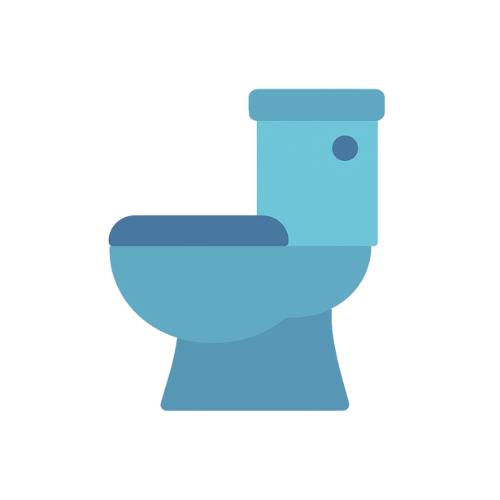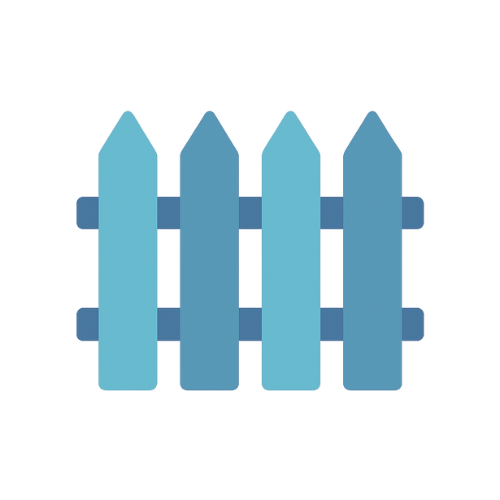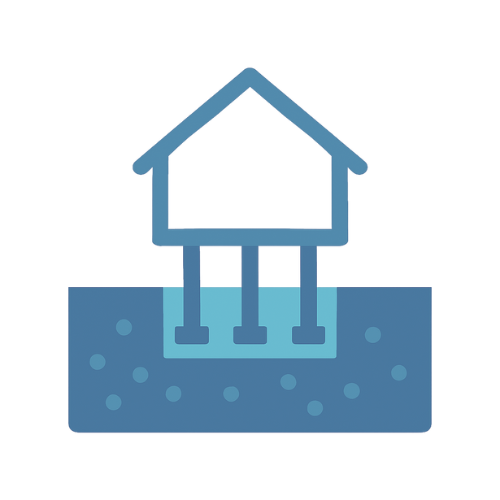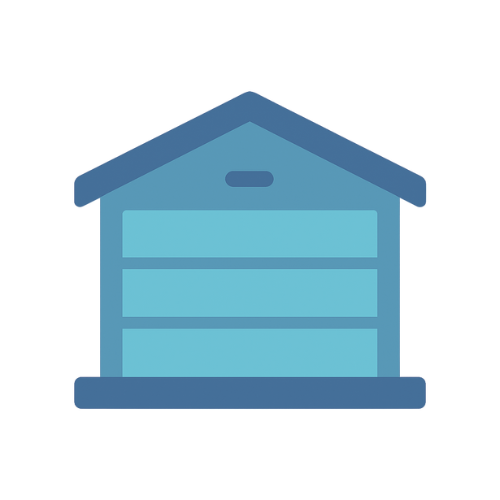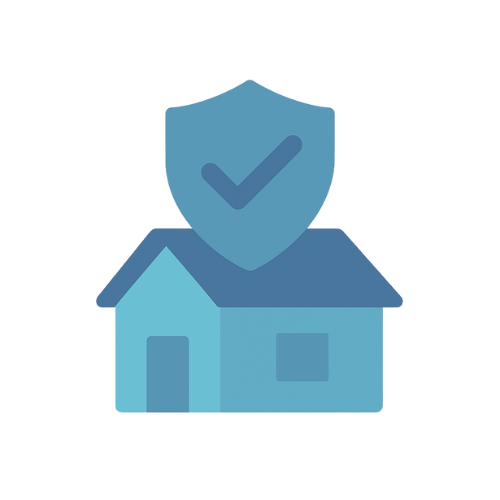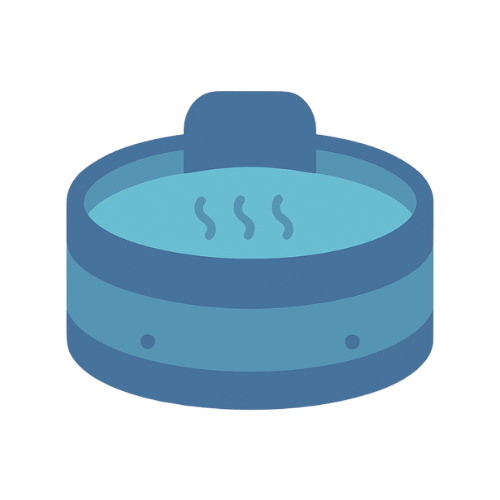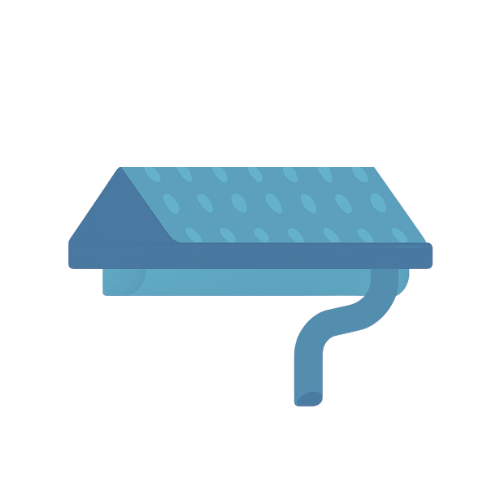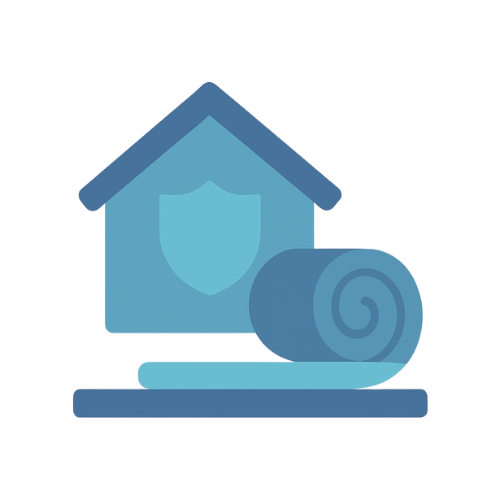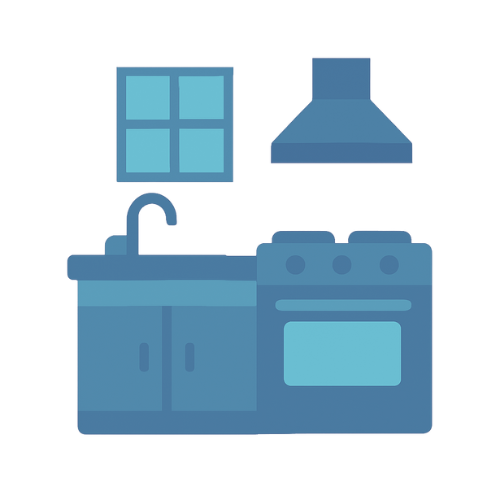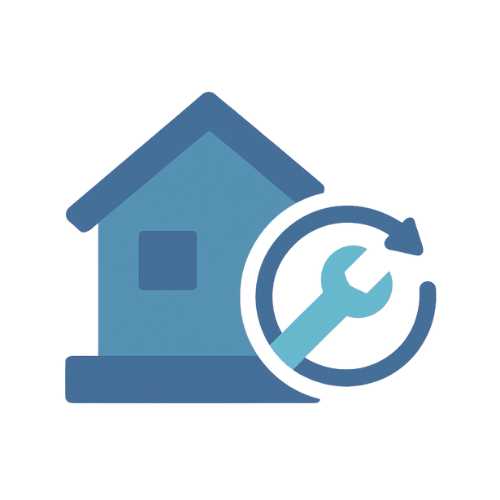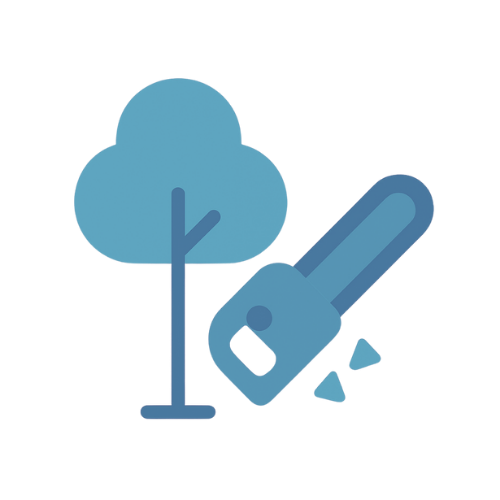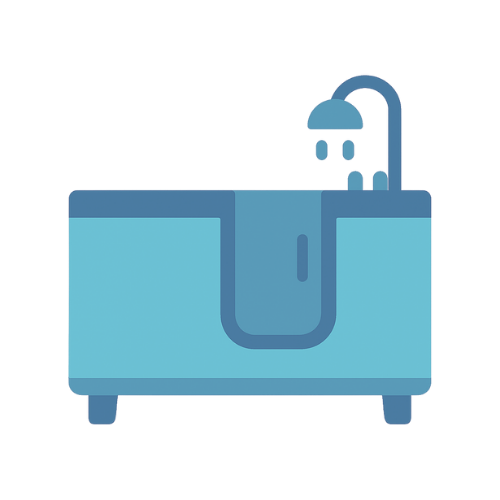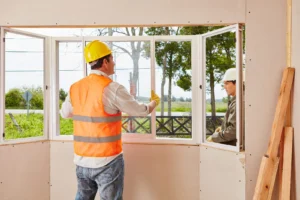Essential Raccoon Information

Types of Raccoons
Raccoons are highly adaptable mammals known for their intelligence, dexterity, and distinctive black "mask" markings. While most people think of the common raccoon, there are actually several recognized species and subspecies found across North and Central America. Here's a quick look at the main types:
1. Common Raccoon (Procyon lotor)
This is the most widespread and familiar species, found throughout the United States, Canada, and parts of Central America. It thrives in urban, suburban, and rural areas. There are several regional subspecies under this category, often differentiated by size and fur characteristics.
2. Baja Raccoon (Procyon lotor insularis)
Native to Mexico's Baja California peninsula, this subspecies is smaller than the common raccoon and is adapted to arid environments. It is considered vulnerable due to its limited range.
3. Guadeloupe Raccoon (Procyon lotor minor)
Found only on the Guadeloupe Islands in the Caribbean, this small raccoon is endangered and is protected due to its isolated population and habitat loss.
4. Cozumel Raccoon (Procyon pygmaeus)
Also known as the pygmy raccoon, this species is found only on Cozumel Island off Mexico's Yucatán Peninsula. It is critically endangered due to habitat loss and its small population size.
5. Crab-eating Raccoon (Procyon cancrivorus)
Native to South and Central America, this raccoon prefers coastal areas, swamps, and riverbanks. As its name suggests, it feeds largely on crabs and aquatic prey and has a sleeker appearance than its northern relatives.
While only the common raccoon is typically encountered in U.S. neighborhoods, understanding the different types helps highlight the diversity of this species and the importance of humane pest control when managing conflicts.
Call Us : +1-833-467-2554
Raccoon Removal Services
What's the best way to eliminate raccoons?
How USA Home Adviser Helps Get Rid of Raccoons?
Raccoons may look cute, but when they invade your attic, crawl space, or yard, they become a serious nuisance. From tearing up insulation and damaging vents to spreading diseases like leptospirosis and raccoon roundworm, these clever animals require strategic, humane removal. USA Home Adviser specializes in safe and effective raccoon control to restore your comfort and safety.
Here’s how USA Home Adviser helps you take control of raccoon problems:
1. Thorough Inspection
We start with a comprehensive inspection of your property to identify raccoon entry points, nesting zones, food sources, and signs of activity such as droppings, tracks, or attic noise.
2. Humane Trapping & Removal
Using safe, humane traps compliant with local wildlife laws, our licensed professionals remove raccoons without harm—especially during breeding seasons to avoid separating mothers from their young.
3. Entry Point Sealing
Once the raccoons are removed, we seal off access points such as attic vents, soffits, chimneys, and crawlspace gaps using durable, raccoon-resistant materials to prevent future intrusions.
4. Damage Repair & Sanitation
Raccoons often leave behind serious messes—urine, feces, insulation damage—that can pose health risks. Our team handles thorough cleanup, sanitation, and minor repairs to restore your space and eliminate lingering odors.
5. Prevention & Monitoring
To help keep raccoons away for good, we install deterrents like chimney caps, motion-activated lights, and make landscape recommendations. We also offer ongoing monitoring services to ensure your home stays raccoon-free.
Whether you're hearing noises in the attic or finding trashed bins in the yard, USA Home Adviser is your trusted partner for fast, humane, and effective raccoon control. Let us help you reclaim your home from unwanted wildlife.
